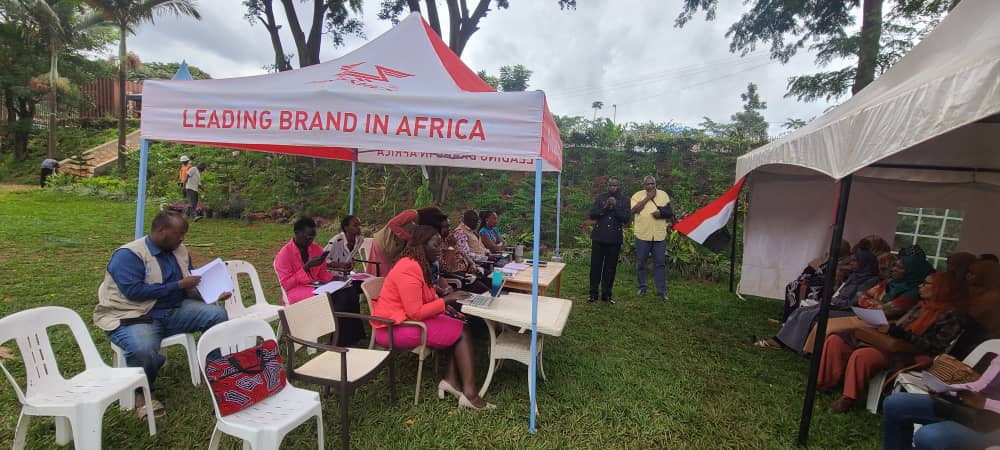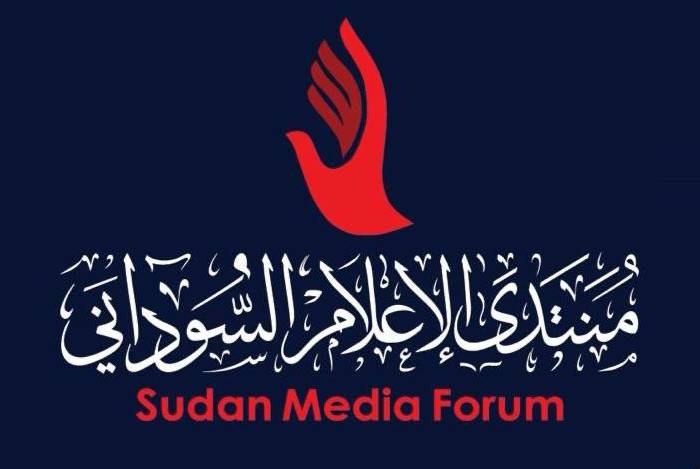
Kampala: Sudanese Refugees Condemn ``Lack of Transparency`` and Accuse International Organization of Corruption
Sudan Media Forum
Kampala, May 24, 2025 (Sudanile) – In a candid town hall discussion held on Thursday at Mohamed Sibo Park in the Mengo suburb of Kampala, dozens of Sudanese refugees—mostly women—voiced their grievances to representatives from the Ugandan Prime Minister’s Office, the UNHCR, and the Norwegian Refugee Council. The event, organized by the Sudanese refugee community under the banner “Town Hall Meeting,” aimed to shed light on the escalating challenges facing refugees and propose practical solutions to their daily struggles.
This dialogue comes amid a worsening humanitarian and living situation for Sudanese refugees in Uganda, particularly in the capital, Kampala. Their reality reflects not only the trauma of fleeing war but also the ongoing struggle with access to healthcare, education, housing, and employment—set against a backdrop of poor coordination and inadequate humanitarian response.
Multifaceted Struggles: From Housing to Security
The meeting revealed the depth of the hardships endured by refugees. Testimonies highlighted crises in housing, healthcare, education, employment, and violations of basic rights.
Sudanese lawyer Aisha Ahmed, residing in Kampala, noted that refugees face “a series of abuses without legal representation or protection.” She emphasized the housing crisis: “Rents are extremely high, deposits as well, and often not refunded even when the property is returned in good condition. Evictions happen without notice.” She called for Sudanese refugees to be exempted from certain housing procedures or for lawyers to be empowered to intervene immediately.
Aisha also raised concerns about refugees being subjected to beatings, theft, and kidnappings, underscoring the urgent need for organizational responses and legal protections—especially as evictions, police extortion, and harassment continue. She proposed forming a network of Sudanese lawyers to provide legal support.
Refugee women and mothers voiced deep fears about safety, especially for children and women, in light of cases of Sudanese nationals disappearing without trace. Others spoke of challenges accessing healthcare due to language barriers, high medicine costs, and a lack of services for the elderly and chronically ill. There were also reports of deceased bodies being held in hospitals because families could not afford to pay the required fees, with no action from responsible agencies.
Education was another pressing concern. Participants explained that high tuition fees and lack of support prevent many children from attending school—particularly families fleeing conflict zones with no stable income sources.
Speakers also highlighted issues faced by women and girls. Journalist and refugee Taher Ishaq spoke of landlords holding identity documents of some female refugees, leaving them vulnerable to serious abuses. It was noted that approximately 80% of refugees in the city are women and children, heightening the risks they face. A refugee woman revealed that there are at least 200 mothers and children with disabilities in need of support—lacking access to basic necessities such as wheelchairs.
Sudanese refugee Nimat Yousif Mohamed voiced her fear, saying: “A young Sudanese woman left home five days ago and hasn’t returned. We live in constant fear, and there is no serious investigation. We need real protection.”
Organizational Responses: Partial Solutions and Unequal Support
Representatives from UNHCR and partner organizations listened to the challenges raised but offered no immediate, comprehensive solutions. They clarified that assistance is primarily directed toward refugees in settlements like Kiryandongo, while urban refugees receive fewer services—based on the “needs assessment by location” principle.
Education and Family Reunification (FCA)
A representative from FCA stated their willingness to engage with refugees’ educational needs, announcing open applications for scholarships in Europe and Canada (subject to competitive criteria) and support for university studies in Uganda. They also noted the possibility of assisting with family reunification cases for relatives in countries such as Canada, the US, and Australia.
Health Interventions (AHA)
An AHA representative explained that they monitor patient cases in public hospitals, emphasizing that “no public hospital has the right to withhold a deceased body due to unpaid bills,” and that AHA intervenes upon receiving reports. However, this protection does not extend to private hospitals. The representative also acknowledged a reduction in support for dialysis centers due to US policy decisions but assured that resettlement cases for kidney failure patients are “under serious consideration.”
UNHCR
The UNHCR representative clarified that services for urban refugees differ from those in camps, as determined by needs assessments. Regarding housing disputes, they mentioned the availability of legal support. On criminal matters, they stressed that Ugandan security agencies are responsible and urged refugees to integrate into society, learn the local language, avoid going out at night, carry proper documentation, and never pay the police. They denied the existence of any prior refugee representative body and confirmed coordination with the Office of the Prime Minister (OPM) to organize elections for new refugee representatives.
Resettlement and School Fees (UNHCR and OPM)
The UNHCR resettlement officer stated that “resettlement is currently unavailable” due to cuts in US funding and warned refugees against falling for fraudulent rumors claiming that Canada is actively seeking refugees. The OPM representative noted that their office issues limited letters for educational fee reductions at specific institutions, treating Sudanese refugees as equivalent to Ugandan nationals for tuition purposes.
Allegations Against “Give Directly”: Broken Promises and Corruption Concerns
In a striking development, refugees accused “Give Directly” of reneging on its promises to provide 1,000 grants to Sudanese refugees without geographic discrimination.
Human rights lawyer and activist Iman Saleh criticized the organization’s actions, saying it had “crossed all boundaries and disregarded principles of justice and transparency,” calling for an official investigation. She noted that the organization refuses to explain why some were denied aid, responding only with: “It’s not your right to know.” Saleh added that when the project was announced, the organization claimed it would support approximately 4,000 refugees, but in practice, disbursements were inconsistent: some refugees in Kampala received funds, those in Kiryandongo received nothing, and others received only half the promised amount without explanation.
Refugee Amani Abdel Karim revealed a suspected corruption scheme, stating that receipt of the grant was tied to purchasing phones from the organization, with the phone’s cost deducted from the grant, and those who refused to buy were denied the funds.
In response to these testimonies, the OPM representative announced plans to convene a joint meeting with the organization, UNHCR representatives, and refugee leaders to investigate the allegations and hold the organization accountable—despite the organization’s prior claim that its project only targeted refugees in camps.
The session, which lasted for hours, highlighted the deep frustration felt by Sudaneese refugees, who view these broken promises and failures in humanitarian commitments as a betrayal.
The Sudan Media Forum and its member organizations publish this report, prepared by Sudanile, as part of their efforts to shed light on the challenges faced by Sudanese refugees in Uganda.


